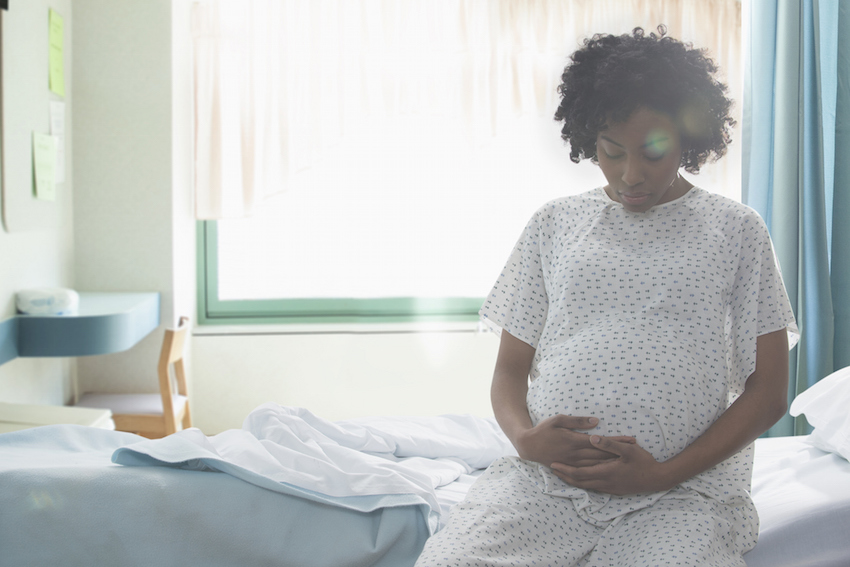BLACK PATIENTS undergoing fertility treatment are less likely to have a baby, according to a new report.
Published today by the Human Fertilisation and Embryology Authority (HFEA), the Ethnic diversity in fertility treatment report reveals that overall birth rates from fertility treatment have increased and are highest in patients under the age of 35.
However, black patients aged 30-34 years old had a worse outcome with an average birth rate of 23%, compared to 30% for mixed and white patients.
HFEA figures also highlighted that 31% of black fertility patients have fertility problems related to issues with their fallopian tubes, compared to only 18% of patients overall and a further 14% experienced higher than average multiple births from double embryo transfers.
The research also discovered that black patients tended to start IVF almost two years later, compared to the average patient at 34.6 years old.
HFEA stresses that due to the increased health risks that black patients face, they should seriously weigh up the risks of conception methods such as double embryo transfers, as multiple births represent the single biggest risk to both mother and babies.
In response to the report’s findings, Gwenda Burns, Chief Executive for charity Fertility Network UK, said: “We are deeply concerned by the health inequalities for ethnic minority fertility patients highlighted in this new report from the HFEA, and it is vital that the underlying reasons for this are thoroughly investigated and addressed.
“We believe every patient should have access to high-quality care, and we are committed to working with the HFEA, professionals and other stakeholders to ensure equity for all.
“We know how isolating fertility problems can be, and today we are launching a new peer support group for black women alongside our existing Asian group. We aim to provide spaces for all patients to be open about the issues they face so we can make certain every voice is heard.”
In an effort to tackle disparities in access and outcomes of fertility treatment among ethnic minority groups, particularly with black patients, the HFEA are calling for more collaborative work across the sector, such as urging clinics to ensure all patients are informed of their own likely chance of success based on all factors, including ethnicity.


Comments Form